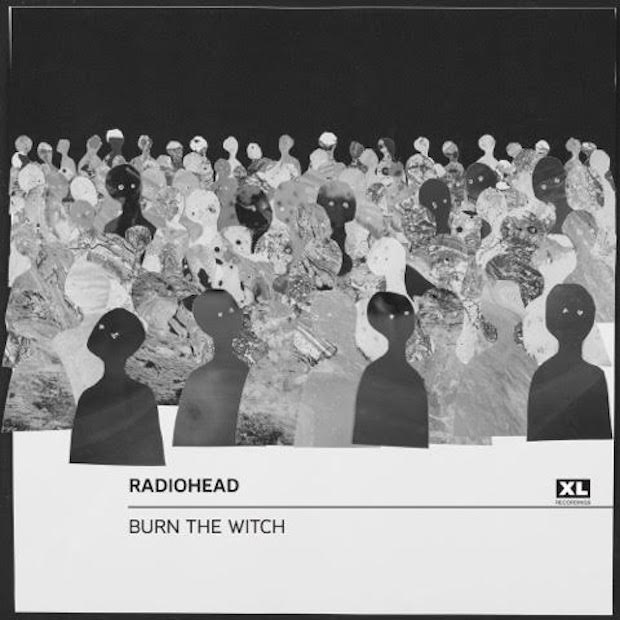Progarchives.com has always (since 2002) relied on banners ads to cover web hosting fees and all.
Please consider supporting us by giving monthly PayPal donations and help keep PA fast-loading and ad-free forever.
/PAlogo_v2.gif) |
Canterbury Scene and fuzz pedals |
Post Reply 
|
Page <12 |
| Author | |
Polymorphia 
Forum Senior Member 

Joined: November 06 2012 Location: here Status: Offline Points: 8856 |
 Post Options Post Options
 Thanks(0) Thanks(0)
 Quote Quote  Reply Reply
 Posted: January 18 2019 at 09:34 Posted: January 18 2019 at 09:34 |
|
I was looking at the two Wattson clones earlier. Apparently, they're the most accurate. (They've even been sued by Univox - good sign).
|
|
 |
|
handwrist 
Forum Senior Member 

Joined: May 19 2019 Location: Lisbon Status: Offline Points: 135 |
 Post Options Post Options
 Thanks(0) Thanks(0)
 Quote Quote  Reply Reply
 Posted: May 21 2019 at 04:55 Posted: May 21 2019 at 04:55 |
|
I don't have specifics, but the key to the Canterbury organ sound from my experience, comes not so much from a specific pedal or amp, but from cheapness. If you have a cheap keyboard and a cheap amp with incorporated distortion, or a cheap fuzz pedal, you will get pretty close. The cheaper the better actually. With VSTs you can explore more, but in the end, remember that the sound grew from the bands having no money to buy proper equipment. Necessity is the mother of invention as they say, or something to that effect.
|
|
 |
|
Magmatt 
Forum Groupie 
Joined: July 10 2019 Location: Canada Status: Offline Points: 58 |
 Post Options Post Options
 Thanks(0) Thanks(0)
 Quote Quote  Reply Reply
 Posted: July 19 2019 at 09:04 Posted: July 19 2019 at 09:04 |
|
It is well documented that Chris Squire from Yes used a Maestro Brassmaster fuzz device. No longer made. There is actually a modern version of this made by Mallekko Heavy Industries and it's called The (B)Assmaster. it's not cheap as far as effect pedals go and it is well built. I obtained one when I played with a Deep Purple tribute. Our keyboard player tried it on his Hammond with success also. I love that it comes with a set of rubber teeth inside and the control pot read " More Ass ". Best fuzzy organ sound has to be Wakeman on Strawbs "The Hangman and the Papist ' .
|
|
 |
|
hugo1995 
Forum Senior Member 

Joined: August 20 2019 Location: New Zealand Status: Offline Points: 164 |
 Post Options Post Options
 Thanks(0) Thanks(0)
 Quote Quote  Reply Reply
 Posted: January 15 2020 at 16:11 Posted: January 15 2020 at 16:11 |
|
Surprisingly this is yet to be mentioned in the thread.
Mike Ratledge and Dave Stewart 100% used the Shaftesbury Fuzz pedal. There is a photo archive with Dave using it, and he had it to the left of him on a stand instead of using it with his foot. Throw this on a Hammond or Lowrey, and you have a 1:1 Canterbury sound. Now if only you could afford the massive plate reverb they used in the studio for the Psychedlic stuff back then...
Edited by hugo1995 - January 15 2020 at 16:13 |
|
|
interests: Moon Safari, Gilgamesh, Egg, ELP, Soft Machine, Gong, Opeth (Everything pre watershed), Brighteye Brison, The Flower Kings
|
|
 |
|
derickgtwk 
Forum Newbie 

Joined: April 09 2024 Location: perd§es mg Status: Offline Points: 1 |
 Post Options Post Options
 Thanks(0) Thanks(0)
 Quote Quote  Reply Reply
 Posted: April 09 2024 at 13:16 Posted: April 09 2024 at 13:16 |
|
reading this topic, I wanted to make my contribution.
i've been researching the equipment used by the bands in the canterbury scene, not just the pedals, but also the amps and cabinets. about the fuzz pedal used by MGP's bass player: based on the photos I've seen of the band's gigs, I believe it to be the "elka dizzy tone". in the case of EGG, KHAN, Hatfield and the North, National Health: all the organ sounds consist of the harmmond l100 through a superfuzz/duo-fuzz and a wah pedal called "schaller bow-wow yoy-yoy." both Dave Stewart and Mont Campbell used the same model of amplifier and cabinet, each had a pair of 100w hiwatts with wem starfinder cabinets, which from the sound of it, I'm sure they didn't have Fane Crescendo, I believe the starfinders they used had rare goodmans power audiom 50w speakers. In the case of some other bands like Supersister, Quiet Sun, Cos, STUBBS: they all used electric organs with fuzz. Quiet Sun and STUBBS used vox organs. Supersister's keyboard player: Robert Jan Stips used a farfisa compact series at first and then switched to a farfisa vip series organ, and I can see from the band's pictures that they used london city amps. Cos keyboard player Marc Hollander used a Farfisa Professional Duo.
|
|
 |
|
Post Reply 
|
Page <12 |
| Forum Jump | Forum Permissions  You cannot post new topics in this forum You cannot reply to topics in this forum You cannot delete your posts in this forum You cannot edit your posts in this forum You cannot create polls in this forum You cannot vote in polls in this forum |